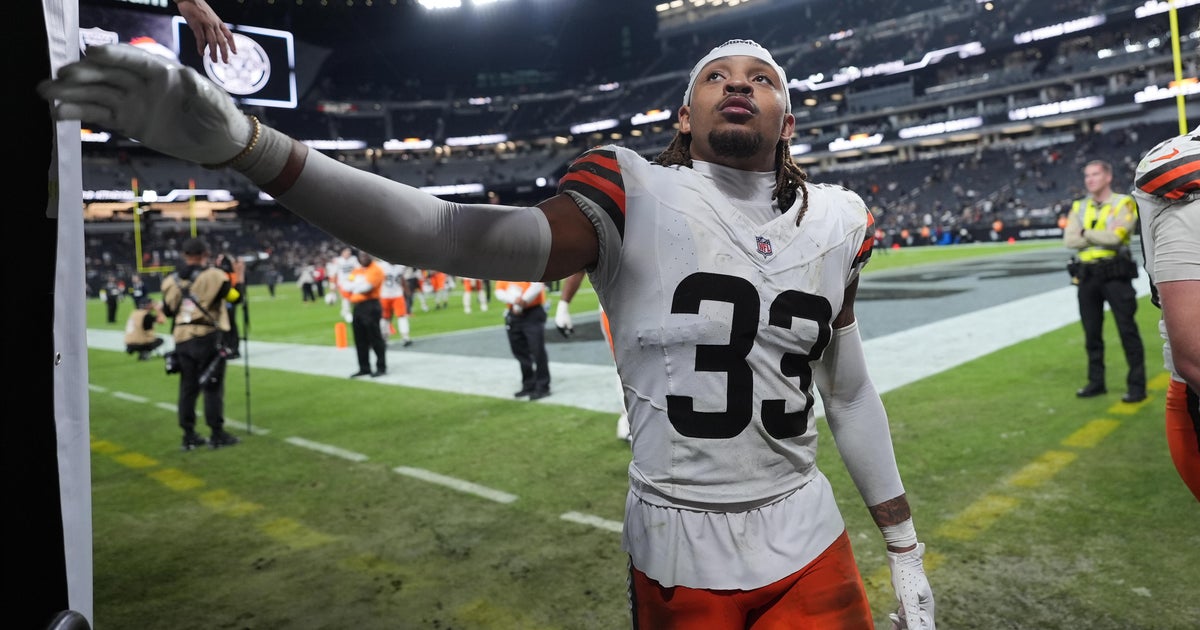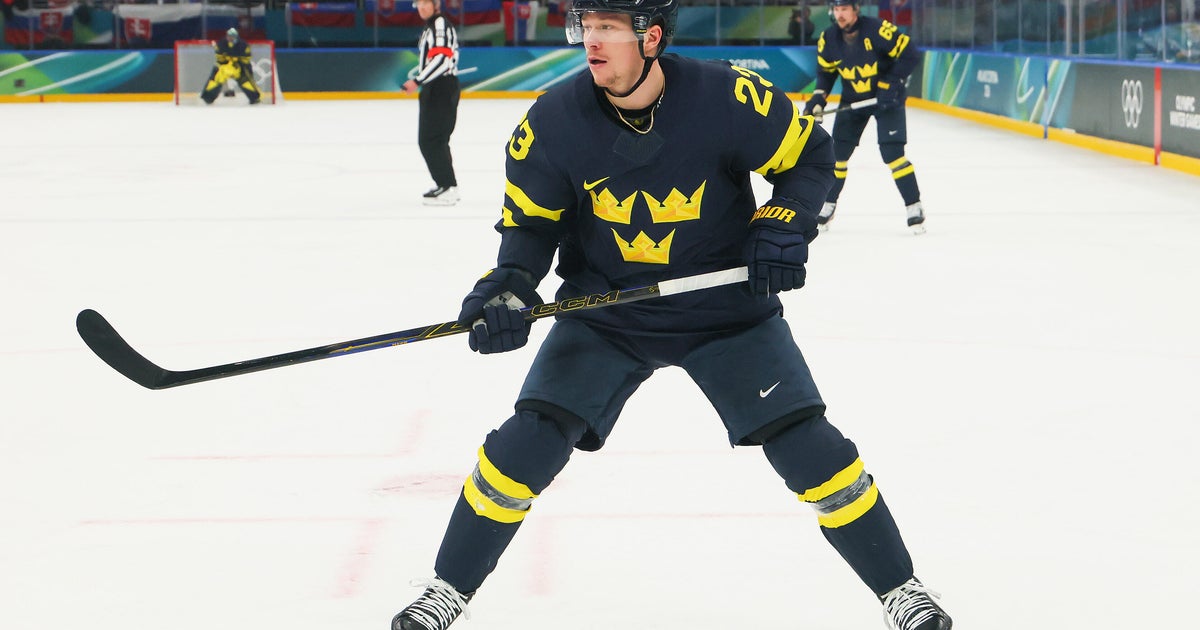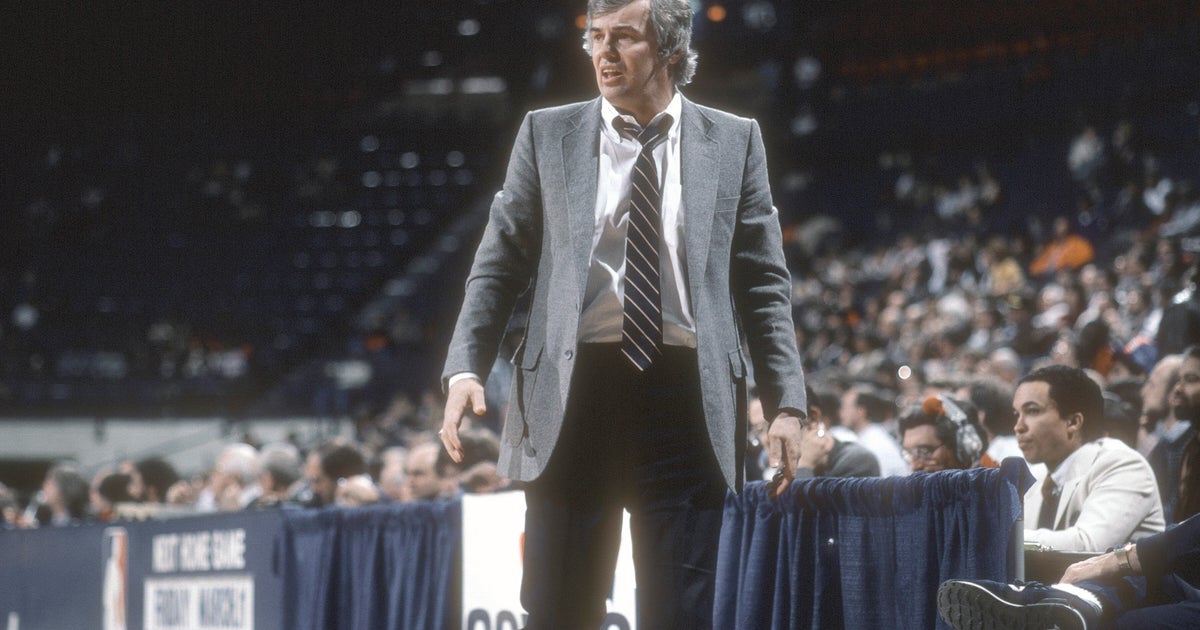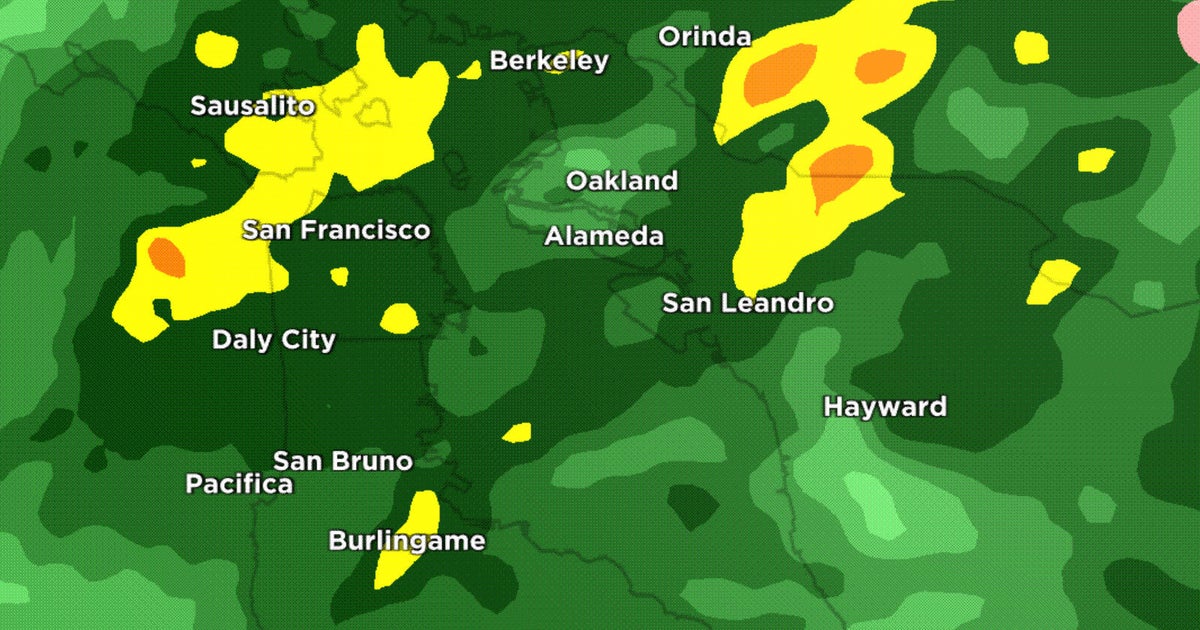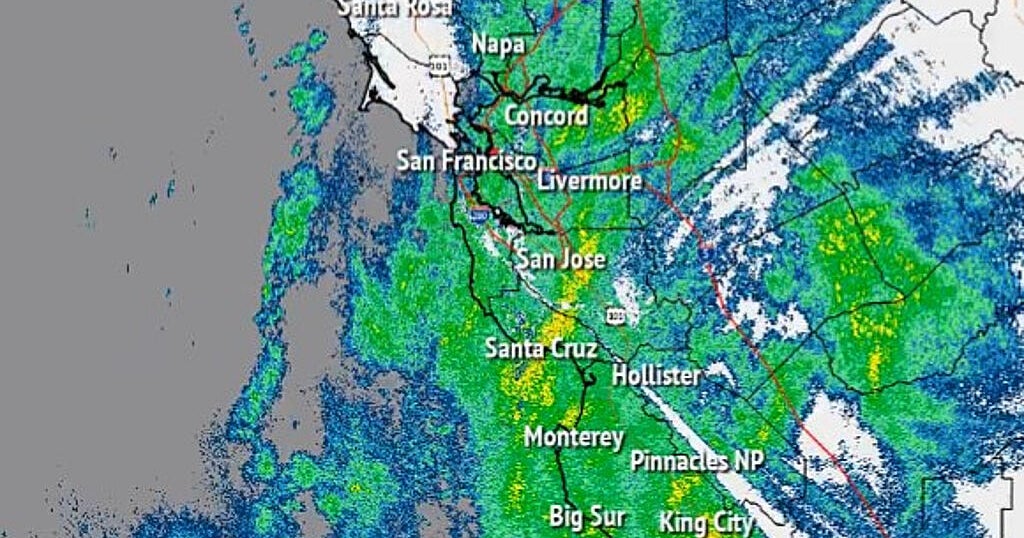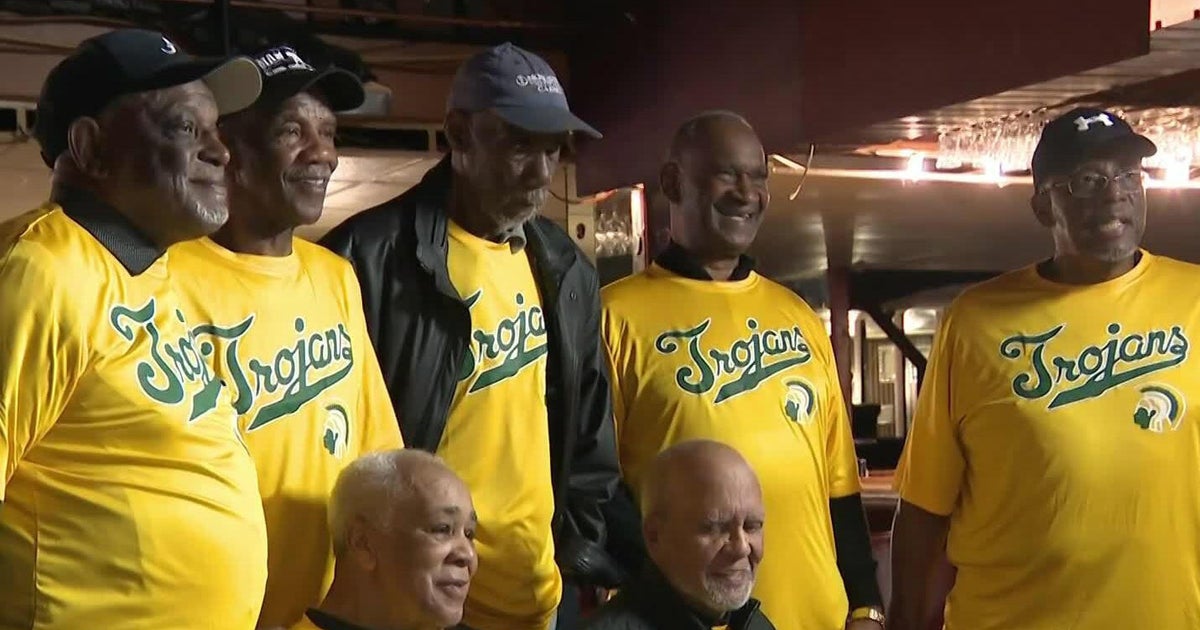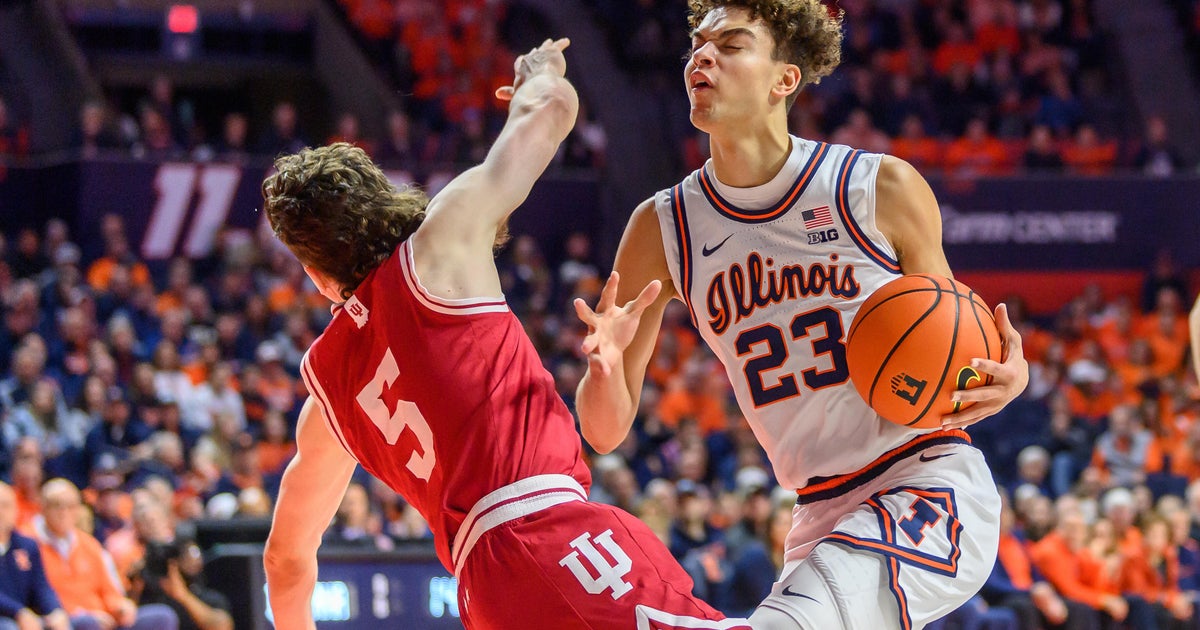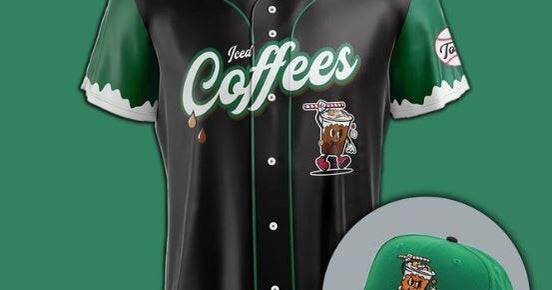NFL Explains Why Players Not Fined For Violating Concussion Protocol
By Ashley Dunkak
@AshleyDunkak
DETROIT (CBS DETROIT) - Considering all the ways an NFL player can incur a fine, it did not look good when the league announced two players violated concussion protocol during wild-card games -- but would not be fined.
In a phone interview Tuesday, NFL spokesman Greg Aiello explained why Green Bay's David Bakhtiari and New Orleans' Keenan Lewis get off more easily (financially speaking) than players who committed minor infractions, such as wearing non-NFL-authorized hats, shirts, socks, visor clips, etc.
Lewis refused to leave the sideline - doctors recommend players go to the locker room so they can be monitored more easily, in quiet and without distractions - and Bakhtiari actually ran back in the game for a play before being removed for good.
Both actions go against the NFL Head, Neck and Spine Committee's Protocols Regarding Diagnosis and Management of Concussion, which includes the Madden Rule that governs the handling of concussions sustained in a game.
"On game day, per the Madden Rule, a player diagnosed with a concussion must
be removed from the field of play and observed in the locker room by qualified medical
personnel......Once a player is diagnosed with a suspected concussion, he is not permitted to meet
or talk to the press until he is medically cleared."
After the wild-card weekend, the NFL Head, Neck and Spine Committee sent out a letter reminding teams of the concussion protocol, finding no fault in the actions of doctors and trainers on either team, and encouraging medical staff to seek help from assistant coaches if players do not cooperate.
No fines followed.
Why the discrepancy in getting fined for attire-related transgressions but not for disobeying trainers and doctors?
Essentially, Aiello said the league could not fine the players because there was no precedent for it.
That situation could change soon, though.
"The explanation is this has never been an issue," Aiello said. "Now if they run on the field without permission, is that something we could make a violation that will result in a fine? Absolutely. We'll be talking to the union about that. They have an interest in this too, and part of our system is that we agree with the union, we work out a fine schedule prior to the season on what fine levels are going to be for certain things – for illegal hits, for all kinds of things.
"This has never been an issue of a player defying doctors' orders and going out on the field," Aiello continued. "It's never come up before, so we wouldn't be able to fine a player in this instance, but obviously it's something we'll be looking at. This is the first time I've ever heard of it, where the player went back on the field against orders of the doctors. As I've said, these other cases where a player argues about it, that's going to happen. That's not something they're going to be fined for."
While Aiello did not want to speculate on whether in the future players could be fined for returning to the field or refusing to leave the sideline for the locker room, he said the issues - particularly the aspect of returning to play without being cleared - will be on the agenda of off-season conversations between the NFL and the NFLPA.
"We will be discussing it with the Players Association," Aiello said, "and it's very likely that it will become a fineable offense."
On that point, the NFLPA does not concur.
"We have a disagreement as to whether or not the players were in violation of the protocols to begin with," NFLPA spokesman George Atallah said in a phone interview Tuesday.
Implementing fines on players for violating that protocol, then, is not an action the NFLPA plans on taking.
"It's not something that we would consider to be appropriate given the protocols that we currently have," Atallah said. "The protocol is written in such a way that places responsibility on the teams entirely. So even if a player wanted to run back out on the field, the team shouldn't let him do that."
